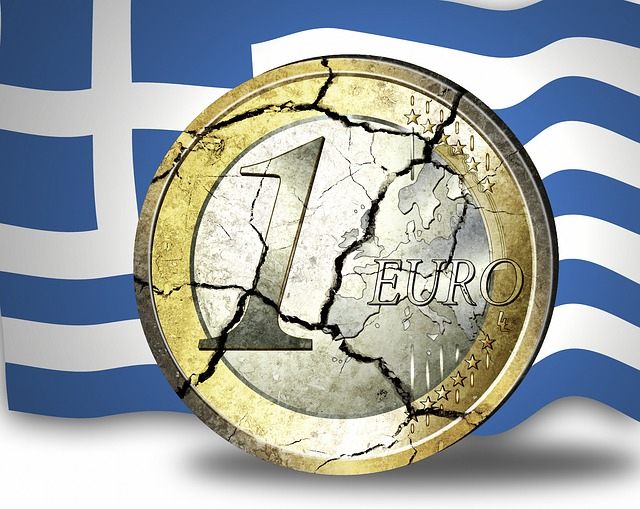
Practical information
Seminar in Brussels
The Eurozone has been in crisis ever since 2008, but the critical events surrounding the Greek situation last summer reached new levels of divisions and misunderstandings. As many continue to insist, the compromise found is not a sustainable solution - neither for Greece, nor for the Eurozone, considering its structural shortcomings.

Against this backdrop, this seminar will take a closer look at the different actors’ intentions and what it means for the future of the Eurozone: Are the reforms undertaken by the Greek government likely to put the country’s economy back on track and how will EU countries react? What visions for the future of the Eurozone have been competing against each other across the EU, and what room is there for compromise?
A conference organized by
Comité d’études des relations franco-allemandes (Cerfa)
in cooperation with
Ifri Bruxelles
17h30 Opening remarks
Hans STARK, Secretary General of Cerfa, Ifri
17h45 Debate
Vivien PERTUSOT, Head of Ifri Brussels
George TZOGOPOULOS, Research Fellow at ELIAMEP and CIFE
Eric BONSE, Senior EU Correspondent
19h00 Reception
The seminar will be held in English with simultaneous translation in French
Related Subjects
Other events

EV Supply Chains for Japan and Europe: Strengthening Economic Security
Economic security aims to ensure the resilience of supply chains for key industries: the case of electric vehicle production in Japan and Europe will be discussed.

From Ambition to Action: Exploring Technological Partnerships with India
The 16th EU-India Summit, held on January 27th in New Delhi with European leaders António Costa, Ursula von der Leyen, and Prime Minister Narendra Modi, marks a significant milestone in deepening EU-India relations. At the same time, official bilateral visits from EU member states are on the rise, including that of the French President, who visited India in February to participate in the Artificial Intelligence Summit. As India asserts its technological ambitions and seeks to reduce its dependence on China, Europe is stepping up its efforts to diversify its strategic partnerships.






